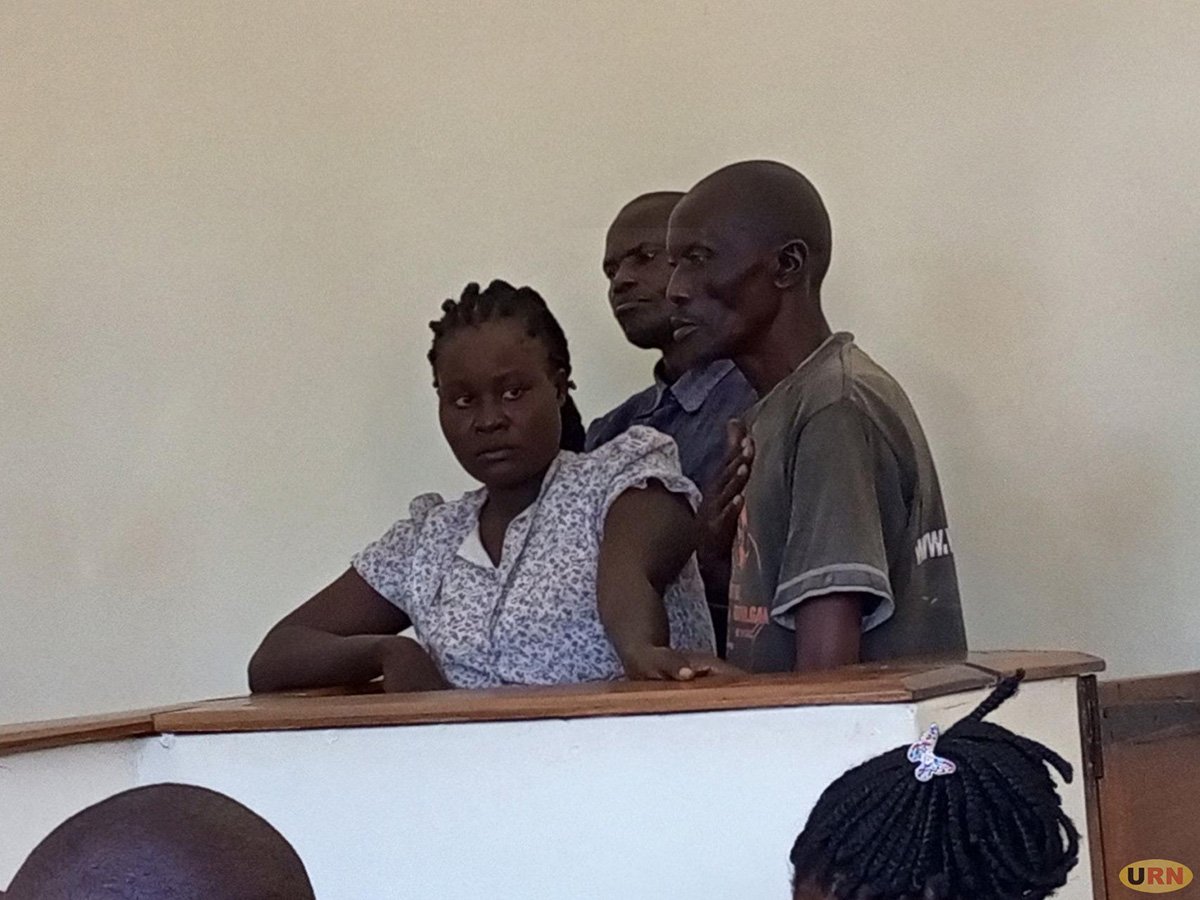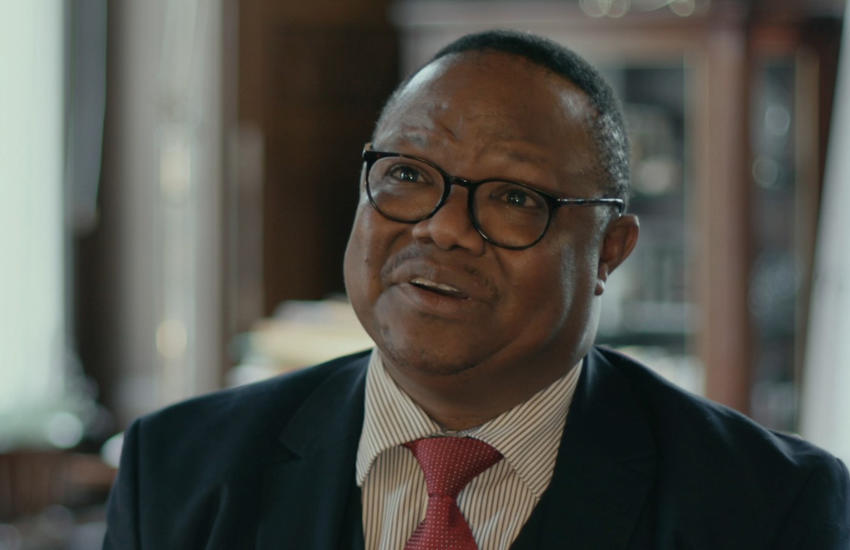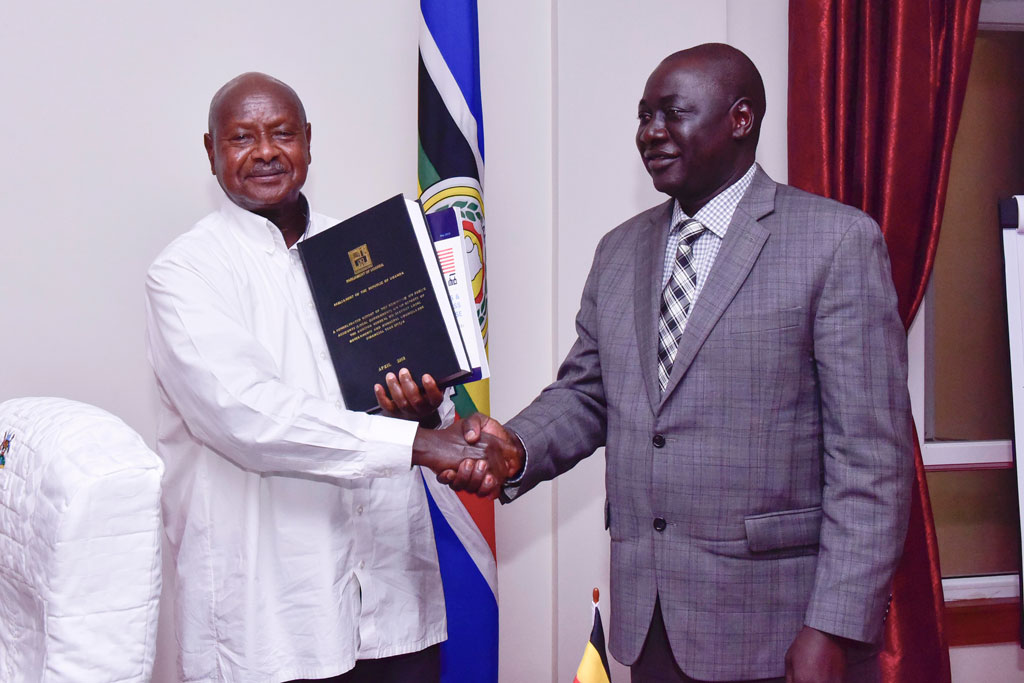A cross section of directors of regional referral hospitals want government to prioritise budgeting for recruitment of specialists and consultants in the 2022/2023 financial year.
The hospital directors blamed poor service delivery on the shortage of specialists and consultants.
The directors of Hoima, Mbale, Lira and Moroto regional referral hospitals made the request on 17 January 2022 during a meeting with the Parliamentary Health Committee that is currently considering the Budget Frame Work Paper (BFP) for the next financial year.
The Principal Administrator, Lira Regional Referral Hospital, Winnie Serwanja said that the hospital is still operating under the 2005 staff structure.
“Over time, we have expanded the scope of our services and therefore, we find that some of the services cannot be undertaken with the current serving structure,” she said.
She added that the hospital has very few outpatient specialised clinics due to lack of specialists.
“We have a crisis with senior consultants, consultants and medical officers-special grade,” said Serwanja.
According to Serwanja, the hospital has no senior consultants, while there is only one consultant of the 11 required. She added that the Medical Officers-Special Grade are seven out of the required 11.
The Director, Moroto Regional Referral Hospital, Dr. Benedicto Watmon said that out of the 25 required specialists, there are only four.
“Moroto is a hard to reach district. Government needs to provide more incentives to attract more specialists and retain them,” said Watmon.
Dr. Peter Mukobi, the Director Hoima Regional Referral Hospital attributed the absence of specialists in government hospitals to poor pay.
“The biggest challenge is the budget constraint and government has not performed well in attracting and retaining specialists. In Hoima, we are operating with only five specialists and we try our best to ensure that for every intern, there is one specialist training them,” Mukobi said.
In Mbale, the Director, Dr. Emmanuel Tugaineyo said that out of the 26 required specialists, the hospital has only 12 and yet the hospital is one of the hospitals with the largest catchment area serving 16 districts.
“Our current staffing is at 86.4 per cent but these are mainly lower cadres. We are still having challenges with specialists,” he said.
The hospital directors also cited other cross cutting challenges that require urgent interventions such as, shortage of oxygen, non-functional intensive care units, dilapidated staff houses, drug stock outs, power outages and water shortages among others.
The Committee Chairperson, Hon. Charles Ayume said that efforts should be made to attract and retain the specialists as well as other health workers.
“Sometimes it is not about wages. Let us look at improving accommodation of these specialists,” said Ayume.
Hon. John Kamara (NRM, Bufumbira County North) warned that as long as specialists are not motivated, these hospitals will continue facing a shortage of specialists.
“As a person who was a specialist for some time, I found that motivation was low. The hospital directors are always on the road; even if there is no fuel for a generator, the administrators must get fuel to go for a workshop, ” he said.
Hon. Mary Nakato (Indep., Buyende District) said that the health sector is worsening because of poor management and leadership by the directors.
“We are saying that staff retention is a problem but directors accept that you also have done a lot to frustrate us. I am a nurse and I have ever been frustrated in my job,” said Nakato.
Obongi County MP, Dr. George Bhoka Didi blamed the shortage of specialists to poor planning on the part of hospital directors.
“The blame is on you for failing to requisition for timely recruitment of staff. In your presentation, you have not indicated specifics on how you want us to help you,” Bhoka said.
He also underscored the importance of investing in these referral hospitals saying that improved service delivery in such facilities will reduce the burden of the national referral hospitals.
“If we strategically invest in regional referral hospitals, we shall have a triple dividend, the regional populations that these entities serve will not have costs and burdens of accessing these services in the national referral hospitals,” Bhoka said.
He added that regional hospitals are the first point of contact and yet they do not have strengthened capacities to handle patients.
“Covid-19 pandemic exposed our nakedness. Covid-19 is still here and many other pandemics are yet to strike. What are we going to do about it,” he wondered.
Hon. Irene Muloni (NRM, Bulambuli District) urged MPs to ensure that hospitals are given the required budgets so that they can be able to extend services to the people.
















